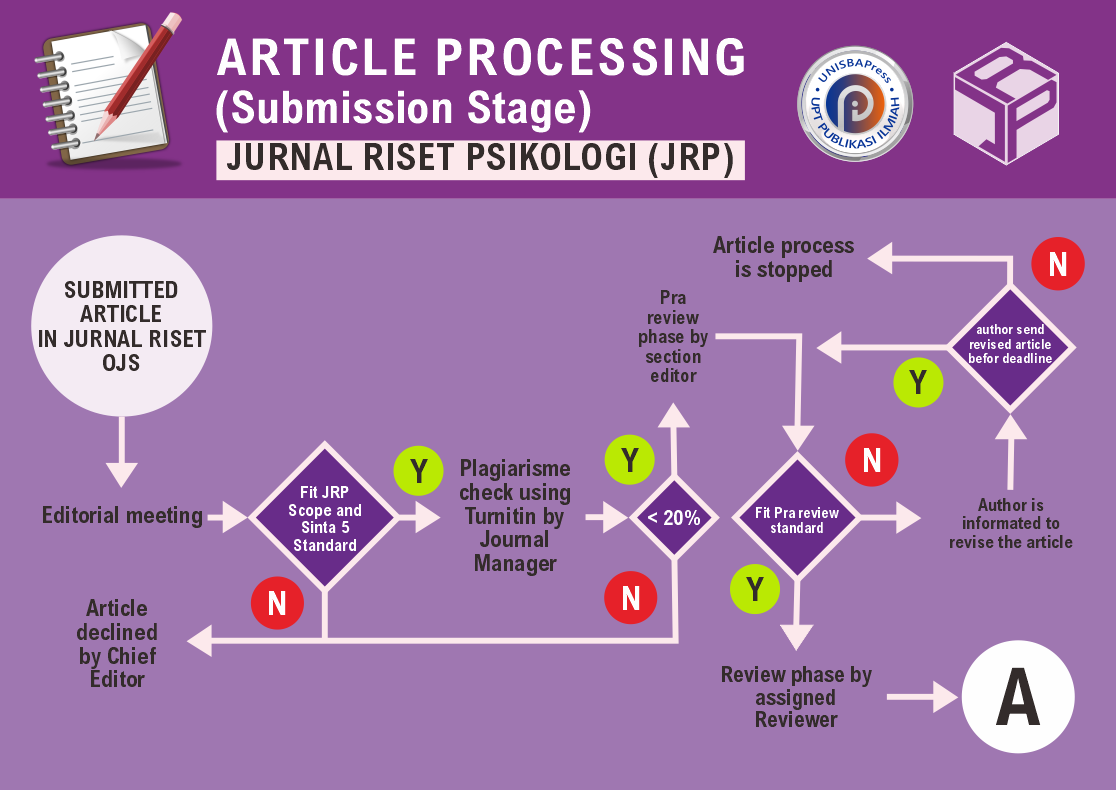Studi Mengenai Intensi Pembelian Makanan Organik Ditinjau Melalui Theory of Planned Behavior
DOI:
https://doi.org/10.29313/jrp.v3i2.2688Keywords:
Determinants of Intention, Intention, Organic FoodAbstract
Abstract. Consumers in Indonesia are seeing increased awareness of organic food. Since 2020, Indonesian consumers have started to recognize organic products and continue to buy them. Organic food is defined as food that is made and processed without the use of synthetic or artificial ingredients. They are considered a healthier and safer food for health, but they are also more expensive than non-organic foods. The purpose of this study was to determine how the influence of attitude toward behavior, subjective norms and perceived behavioral control on the intention to purchase organic food, especially organic vegetables. The research design used in this research is a non-experimental quantitative research with the research method used is a causality study. This research involved 128 participants, namely Bandung City residents who were at least 18 years old and had bought organic vegetables and/or fruit using a measuring tool that the researchers made themselves based on the results of an elicitation survey. Based on the results of data collection that has been done as many as 70% of participants have a high level of intention. The results of statistical tests show that subjective norms have the greatest effect with a percentage of 89.7%, followed by the determinant of perceived behavior control of 74.6%, and finally the determinant of attitude toward behavior of 73.8%. The high determinants of subjective norms in the results of this study indicate that research participants who are residents of the city of Bandung are still more influenced by the intention to buy organic food through support from significant parties such as friends, family, experts and the local community.
Abstrak. Konsumen di Indonesia melihat peningkatan kesadaran akan makanan organik. Sejak 2020, konsumen Indonesia mulai mengenal produk organik dan terus membeli mereka. Makanan organik didefinisikan sebagai makanan yang dibuat dan diproses tanpa menggunakan bahan sintetis atau buatan. Mereka dianggap sebagai makanan yang lebih sehat dan aman untuk kesehatan, tetapi mereka juga lebih mahal daripada makanan non-organik. Tujuan dari penelitian ini adalah untuk mengetahui bagaimana pengaruh attitude toward behavior, subjective norm dan perceived behavioral control terhadap intensi pembelian makanan organik khususnya sayuran organik. Desain penelitian yang digunakan dalam penelitian ini adalah penelitian kuantitatif non-eksperimental dengan metode penelitian yang digunakan adalah studi kausalitas. Penelitian ini melibatkan 128 partisipan yaitu masyarakat Kota Bandung yang berusia minimal 18 tahun dan pernah membeli sayuran dan/atau buah organik dengan menggunakan alat ukur yang peneliti buat sendiri berdasarkan hasil survey elisitasi. Berdasarkan pada hasil pengumpulan data yang telah dilakukan sebanyak 70% partisipan memiliki tingkat intensi tinggi. Hasil pengujian statistika menunjukkan bahwa subjective norms berpengaruh paling besar dengan persentase sebesar 89.7%, kemudian disusul oleh determinan percieved behavior control sebesar 74.6%, dan terakhir adalah determinan attitude toward behavior sebesar 73.8%. Tingginya determinan subjective norms dalam hasil penelitian ini menunjukkan bahwa partisipan penelitian yang merupakan masyarakat di Kota Bandung masih lebih terpengaruhi intensi untuk membeli makanan organik melalui dukungan dari pihak-pihak signifikan seperti teman, keluarga, para ahli, dan komunitas lokal.
References
Ajzen, I. (1991). The theory of planned behavior. Organizational Behavior and Human Decision Processes, 50(2), 179–211. https://doi.org/10.1016/0749-5978(91)90020-T
Castree, N. (2001). Social nature: theory, practice and politics. Basil Blackwell Ltd.
Hasan, H. N., & Suciarto, S. (2020). The Influence of Attitude, Subjective Norm and Perceived Behavioral Control towards Organic Food Purchase Intention. Journal Of Management and Business Environment, 1(2).
Julianty, S. A., Kusdibyo, L., & Amalia, F. A. (2021). Analisa Persepsi Perilaku Generasi Z Indonesia terhadap Konsumsi Produk Makanan Organik. Prosiding The 12th Industrial Research Workshop and National Seminar.
Mahmood, I., Imadi, S. R., Shazadi, K., Gul, A., & Hakeem, K. R. (2016). Effects of Pesticides on Environment. In Plant, Soil and Microbes (pp. 253–269). Springer International Publishing. https://doi.org/10.1007/978-3-319-27455-3_13
Mustikawati, E., Utama, L., Ruslim, T. S., & Wijaya, H. (2021). Faktor-Faktor Yang Mempengaruhi Minat Beli Makanan Organik. Jurnal Bina Manajemen, 9(2), 146–161.
Nu’man, T. M., & Noviati, N. P. (2021). Perilaku sadar lingkungan dalam perspektif Theory of Planned Behavior: Analisis terhadap intensi penggunaan kantong dan sedotan plastik pada mahasiswa. Jurnal Ecopsy, 8(2), 165. https://doi.org/10.20527/ecopsy.2021.10.016
Pamungkas, O. S. (2016). Bahaya Paparan Pestisida Terhadap Kesehatan Manusia. Bioedukasi, 14(1).
Saraswati, K. F., Indarini, & Anandya, D. (2019). Pengaruh Attitude, Personal Norms, Willingness to Pay Terhadap Purchasing Behavior Makanan Organik Di Surabaya. Calyptra: Jurnal Ilmiah Mahasiswa Universitas Surabaya, 7(2).
Suharjo, S. N., & Harianto, A. (2019). Perbedaan Gaya Hidup Sehat dan Sikap Terhadap Makanan Organik Dari Generasi Baby Boomers, X, dan Y di Surabaya. Jurnal Manajemen Perhotelan, 5(1), 45–58.
Sutton, S., French, D. P., Hennings, S. J., Mitchell, J., Wareham, N. J., Griffin, S., Hardeman, W., & Kinmonth, A. L. (2003). Eliciting salient beliefs in research on the theory of planned behaviour: The effect of question wording. Current Psychology, 22(3), 234–251. https://doi.org/10.1007/s12144-003-1019-1
Tania, A., & Haryanti, D. S. (2020). Subjective Norm, Attitudes, Trust, Terhadap Purchase Intentions Pada Buah Dan Makanan Organik. MEDIA BISNIS, 12(2), 201–212.
Ueasangkomsate, P., & Santiteerakul, S. (2016). A Study of Consumers’ Attitudes and Intention to Buy Organic Foods for Sustainability. Procedia Environmental Sciences, 34, 423–430. https://doi.org/10.1016/j.proenv.2016.04.037













